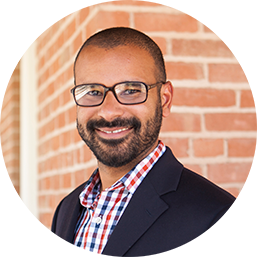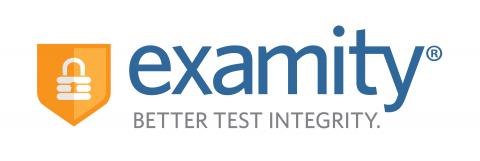We are excited to announce the OLC Innovate Campfire Stories speakers. This closing Keynote will host a series of story talks that answer the question, “How have you successfully moved or scaled mountains in your professional life?”
Friday’s closing keynote session at OLC Innovate 2019 (#OLCInnovate) highlights a speaker series we call Campfire Stories. Our featured speakers will each tell a personal story that answers the question, “How have you successfully moved or scaled mountains in your professional life?” Our #OLCInnovate Campfire Stories strive to introduce you to the concepts of innovation as well as to inspire you to think further about the conference experience. The theme of the conference is Education Reimagined, and the Campfire Stories build on that, as moving mountains gets reimagined through these deeply personal testimonies.














